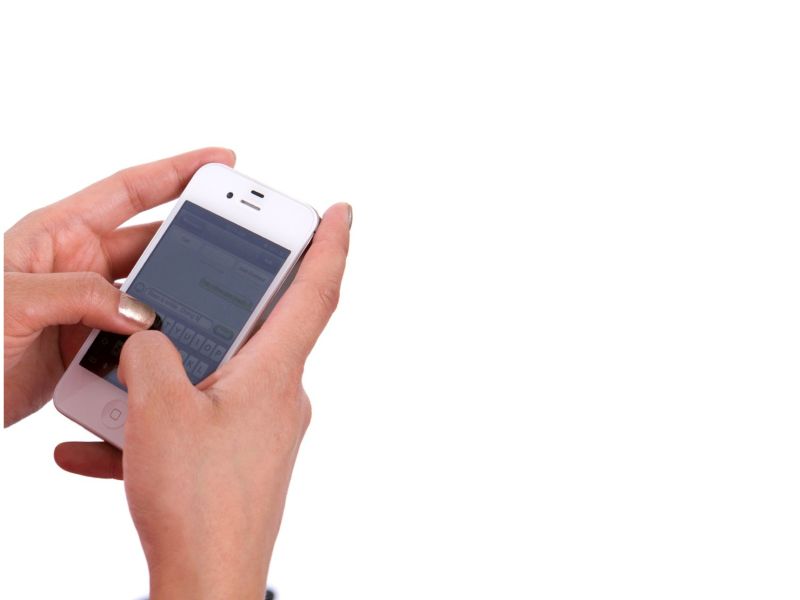FRIDAY, May 19, 2017 (HealthDay News) — As great as smartphones are, you can get too attached to the gadgets.
According to experts at the Cleveland Clinic’s Center for Behavioral Health, cell phone overuse can be just like any other kind of addiction. And here are two warning signs: your smartphone is interfering with your life, and you get withdrawal symptoms when you try cutting back.
Ask yourself these questions to check on the health of your relationship with your phone.
- Is using your smartphone getting in the way of work or making it hard to concentrate on tasks?
- Do you think about your smartphone even when you’re not using it?
- Do you feel impatient and irritable if you’re not holding it?
- Do you check your phone constantly, and for longer than you intended? Do family members say you use it too much?
If your smartphone use is in the danger zone, take steps to cut back. Try to set aside a few hours of no-phone time every day. Set goals and keep track of what you’re doing without your phone, such as reading or being with your family.
Set aside time at the end of the day for relaxing activities like meditation or listening to music. Turn your phone off during these breaks. If thats too stressful, then turn off the alerts.
Above all, don’t let your phone interfere with getting enough restful sleep. Stop using it at least an hour before you go to sleep — looking at gadget screens too close to bedtime can interfere with the body’s natural process of winding down before bed in anticipation of shuteye. And be sure not to charge it in your bedroom if you charge it overnight so that it can’t wake you if you get a message.
More information
The Cleveland Clinic has more tips on dealing with smartphone stress.
Copyright © 2026 HealthDay. All rights reserved.

